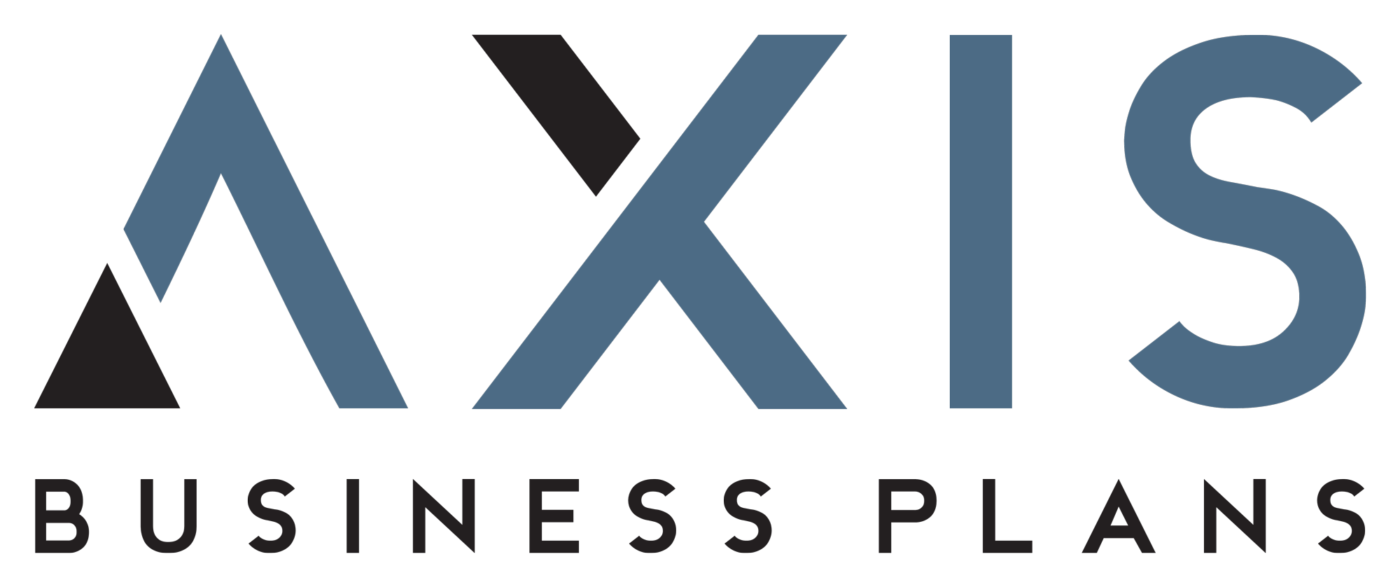Blog
How to start a trucking company
Trucking can be a lucrative business and the industry is bound to keep growing with the increase in population and trade. Trucks transport 70% of all freight in the USA. The trucking business brought approximately 900 billion dollars in revenues in the US by the end of 2022 and is expected to see an estimated growth rate of 6% from year to year by 2030. The trucking industry is dominated by small businesses that take up over 80% of the market share. If you are looking to be an owner-operator and buy your truck, then you will need a business plan that you can present to financial lenders when applying for funding.
Starting a trucking company can be a complex and challenging endeavor, but it can also be a rewarding business if done correctly. Here are the steps you can follow to start your own trucking company:
Starting a trucking company in the USA involves several steps and considerations. Here’s a general guide to help you get started:
Research and Planning:
Industry Knowledge: Understand the trucking industry, its regulations, and market demands.
Business Plan: Develop a detailed business plan outlining your company’s structure, goals, target market, and financial projections.
Legal Structure and Registration:
Choose a Legal Structure: Decide on a legal structure for your business (sole proprietorship, partnership, LLC, corporation, etc.).
Register Your Business: Register your company with the appropriate state and federal authorities. Obtain an Employer Identification Number (EIN) from the IRS.
Get Required Licenses and Permits:
Commercial Driver’s License (CDL): Ensure that you and your drivers have the necessary CDL.
Motor Carrier Authority: Apply for Motor Carrier Authority (Operating Authority) from the Federal Motor Carrier Safety Administration (FMCSA).
Unified Carrier Registration (UCR): Register with the UCR to operate across state lines.
Insurance:
Commercial Truck Insurance: Acquire the required insurance coverage for your trucks and cargo. This may include liability, cargo, and physical damage insurance.
Vehicle Acquisition:
Purchase or Lease Trucks: Acquire trucks that meet safety and regulatory standards. Consider financing options if purchasing.
Hiring Drivers:
Qualified Drivers: Hire qualified and licensed drivers with clean driving records.
Driver Qualification File (DQF): Maintain driver qualification files as required by FMCSA regulations.
Safety Compliance: Safety Regulations: Familiarize yourself and your drivers with safety regulations imposed by the FMCSA.
Regular Inspections: Conduct regular inspections of your trucks to ensure compliance.
Financial Management:
Bookkeeping: Establish a solid financial system for tracking expenses, income, and taxes.
Budgeting: Develop a budget to manage cash flow effectively.
Marketing and Networking:
Build a Website: Create a professional website for your trucking company.
Networking: Establish relationships with shippers, brokers, and other industry contacts.
Compliance and Ongoing Maintenance:
Stay Informed: Stay updated on industry regulations and compliance requirements.
Maintenance: Implement a regular maintenance schedule for your trucks.
Remember, starting a trucking company involves ongoing commitment, adherence to regulations, and attention to safety. It’s advisable to consult with professionals such as attorneys, accountants, and industry experts to ensure that you are meeting all legal and operational requirements. While the U.S. trucking industry presents significant revenue potential and growth opportunities, it’s important to navigate the challenges, adapt to evolving trends, and stay competitive in a dynamic market. Trucking businesses that embrace technology, prioritize safety, and provide exceptional customer service are well-positioned to thrive in this essential sector of the U.S. economy.
Let us help you draft a business plan that will impress lenders. We tailor our business plans to meet the lender’s specific requirements and provide a compelling case for why your business is a strong candidate for a loan or investment. Contact us today, and we’ll have one of our business plan consultants reach out to you.

